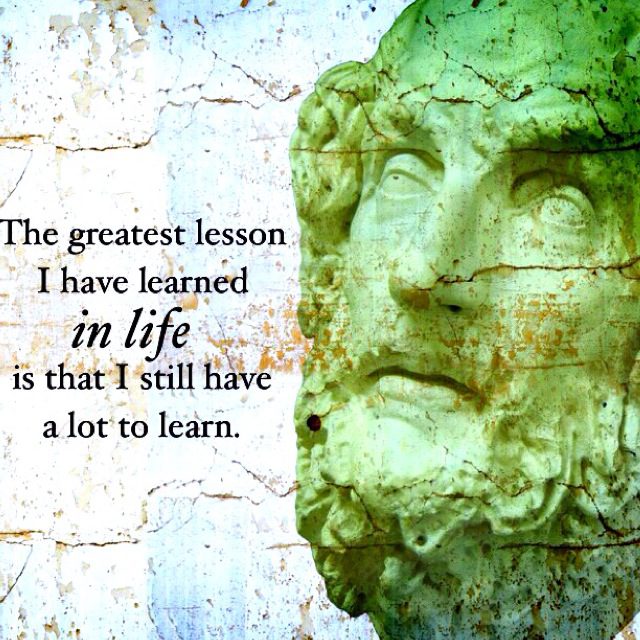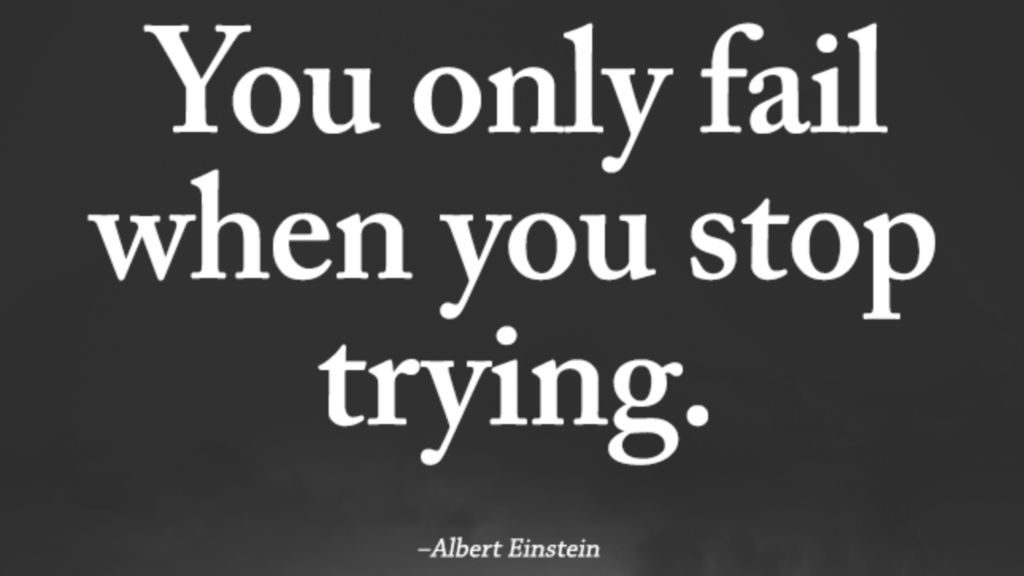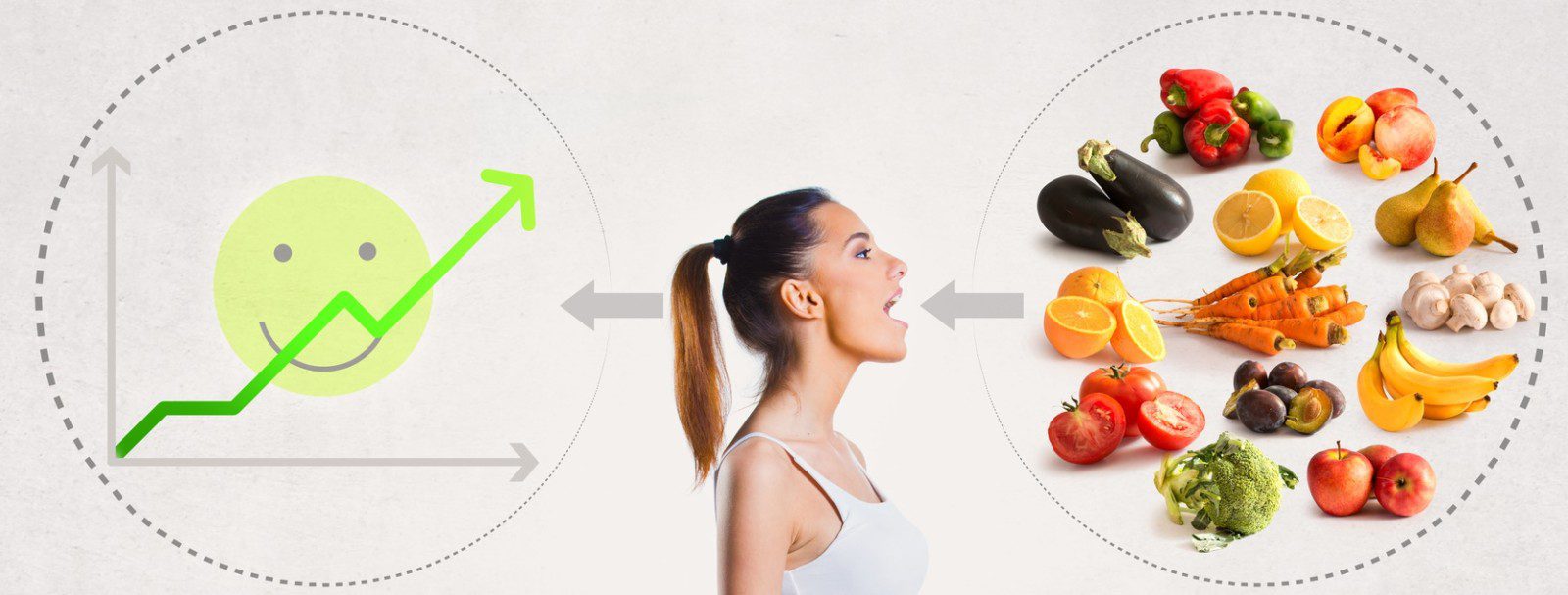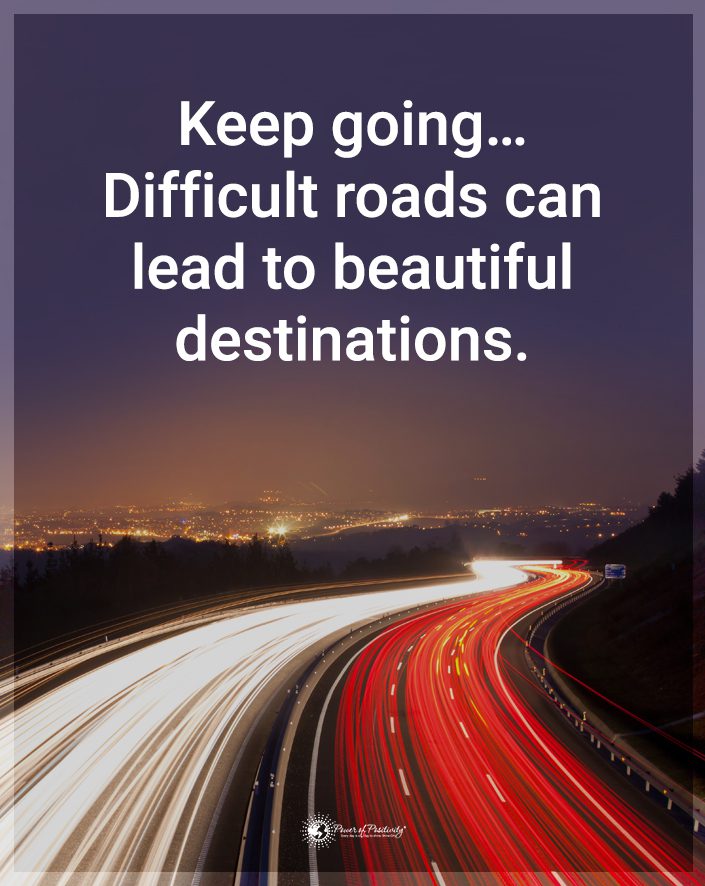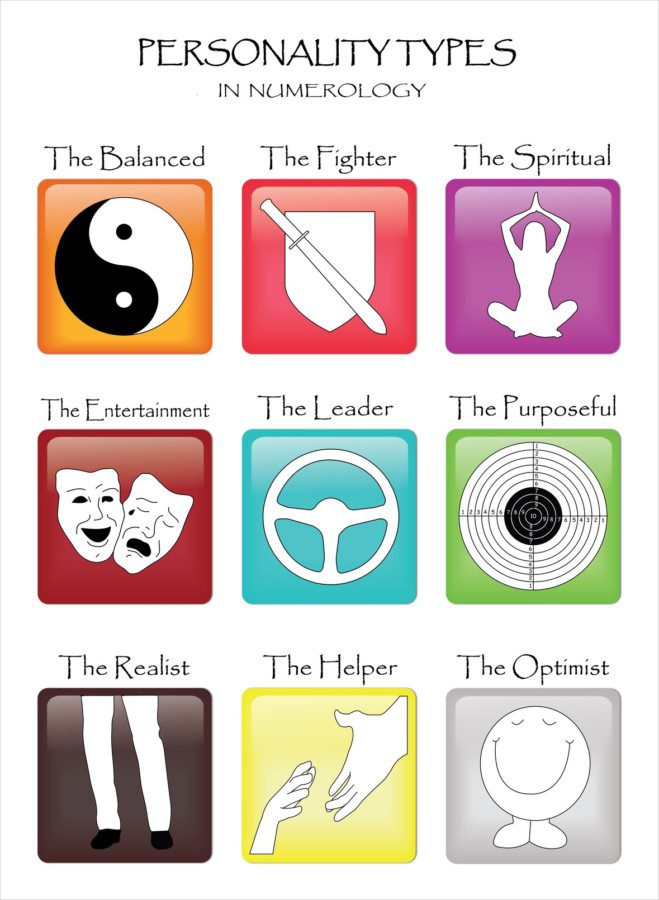In our reality, we are bombarded with messages of rampant consumerism, accumulation, money, and advertisements at every turn, because our economy thrives off of people buying things they don’t really need. The concept of “downsize” is something we rarely consider.
But why?
We have been tricked into believing that the key to happiness lies within our purchases. However, it really begins within ourselves.
Lately, though, minimalism seems to be gaining traction as more people realize that they have no use or interest in participating in conspicuous consumption anymore. If you have had enough of the idea that more stuff equates to more happiness and want to downsize,
Here are 5 life-changing things that happen as you downsize:
1. You will have less to worry about if you decide to downsize.
As you detach yourself from the endless, unsatisfying paradigm of getting into debt to buy things you don’t really want or need, you will find a very welcoming reality on the other side of that – one of sheer peace and bliss. In the end, you don’t really own the stuff you buy; it ends up owning you instead. So, as you reduce the amount of clutter in your house and focus more on lasting sources of happiness that lie within you, you will eliminate a big source of stress and anxiety from your life.
Many people report that finances are a major source of distress in their daily lives, so by drastically cutting back on your consumption, you will feel a huge weight lifted from your shoulders.
2. You will feel liberated from the expectations of others
Many people buy new things that are out of their price range to simply impress others. They want others to notice them, praise them and feel happy for them. However, that temporary satisfaction you gain from other’s acknowledgment quickly fades, and you will always need to buy more, have more, and be more in order to keep their attention.
When you adopt a minimalist lifestyle, however, you start to remember what really matters in life. You see that you don’t need to impress others; all you need to do is feel content with yourself, and that comes from your own heart. As long as you love yourself and stay true to your character, no one else’s opinion really matters. You could have one outfit to wear and a mattress to sleep on, but as long as you feel fulfilled at the end of the day, no amount of money or possessions could ever replace that feeling.
3. You will have more money to spend on experiences rather than things.
Another bonus to living a simpler life is that you will have a newfound interest in spending your money creating memories rather than stuff. After all, studies have shown that people who spend money on experiences rather than things are much happier at the end of the day. Minimalists value a trip across the world more than buying a new suit, and it’s easy to see why.
We all just want to feel something, and find real meaning in life. Meeting new people, exploring uncharted territory, and growing as a person offer a chance to feel alive, but can you really say the same thing about new clothes, houses, and other material items?
4. You can focus more on your own passions rather than possessions.
By spending less time worrying about buying new items to replace ones that aren’t “trending” or fashionable anymore, you can put your attention toward what you feel passionate about. Maybe you have been wanting to train for a marathon or go exploring in your state, or take up a painting class at your local museum. The possibilities are endless when you strip away what weighs you down and put your energy into your personal interests and desires.
We have a limited time here in this current existence, so many of us have realized that we must truly seize the day and focus on what brings us value, not what adds superficial value to a broken system.
5. You create more physical space, as well as mental space when you downsize.
Minimalism goes far beyond clearing up space in your home or apartment. Indeed, it cleanses the soul and revitalizes the heart. Plus, it makes you feel empowered and liberated, leaving behind ideals that only lead to disappointment and stress from trying to make it in the rat race. Finally, it gives clarity, and a chance to start anew with fresh ideas and inspirations about what you want to accomplish, and offers a wellspring of opportunities for how to capture the true essence of life.
A downsize isn’t just about a reduction of physical stuff; it’s about a worldwide revolution, an expansion of consciousness that will help humanity thrive, not just survive. Detachment from possessions means you can see beyond this superficial reality created by people only interested in profits into one that you have created from your soul.
This journey will help you break your chains to the modern way of living, and enter a new, exciting world that you manifest from your highest desires – and no one can take that away from you.
Money and possessions are temporary, but memories and experiences make an everlasting imprint on your soul.

